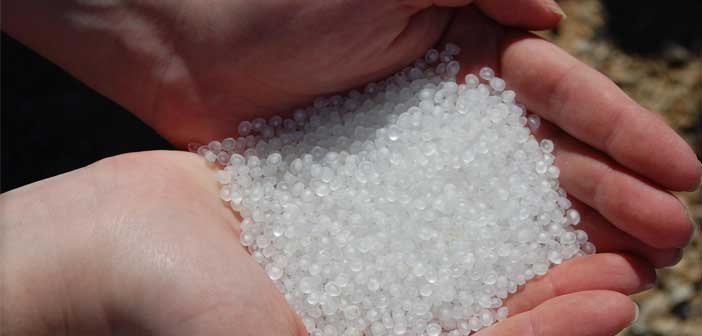CANADA—Algoma-Manitoulin-Kapuskasing MP Carol Hughes said she’s pleased to see proposed regulations on the use of microbeads in products moving forward—an NDP initiative.
On March 24, the House of Commons voted unanimously for the government to take immediate measures to add microbeads to the list of toxic substances.
As reported previously in this newspaper, microbeads (tiny particles of plastic) have become popular additions to things like facial cleaners, toothpaste and household cleaners because of their abrasive qualities. The plastics, however, are so small they are able to travel through water filtration systems and back into our waters where they eventually end up in the food chain.
In July of last year, Environment Canada reviewed and analyzed over 130 scientific papers on the impacts of microbeads on the environment, as well as taking part in expert consultations.
“This review showed that microbeads may pose a concern to the environment as they contribute to plastic litter in lakes and rivers, accumulating in the environment,” the Environment and Climate Change Canada website states. “In laboratory studies, microbeads have shown adverse short-term and long-term effects in aquatic organisms. The science summary concludes that microbeads are toxic to the environment under subsection 64(a) of the Canadian Environmental Protection Act, 1999 as they are entering or may enter the environment in a quantity or concentration or under conditions that have or may have an immediate or long-term harmful effect on the environment or its biological diversity.”
In August, the government published a notice of intent which stated that Environment Canada is in the process of developing regulations to prohibit the “manufacture, import, sale or offer for sale of microbead-containing personal care products that are used to exfoliate or cleanse.”
Interested or affected stakeholders (non-governmental organizations, provincial and territorial government departments and industry, including retailers) have been invited to comment on the regulations by March 10.
In the United States, Illinois and New Jersey have banned microplastics outright (anything under five millimetres) and in Ontario Bill 75, the Microbead Elimination and Monitoring Act, 2015, proposed by Ottawa-Orleans Liberal MPP Marie-France Lalonde, is currently under consideration by the Standing Committee on Finance and Economic Affairs.
“At the end of the day, it’s about making sure microbeads are put under the Environmental Protection Act,” MP Hughes said. “It’s something the NDP has been striving for quite some time.”
Ms. Hughes noted that there are a number of companies that are voluntarily striving to take microbeads out of products ahead of time (such as Unilever, Colgate-Palmolive and Procter & Gamble), noting that there are natural alternatives such as oatmeal and baking soda that are “much better for our health and the environment.”
To comment on the proposed regulations, email ec.products-products.ec@canada.ca, fax 819-938-4480 or mail Products Division, Environment and Climate Change Canada, Place Vincent Massey, 9th Floor, 351 St. Joseph Boulevard, Gatineau, Quebec, K1A 0H3 by March 10.




